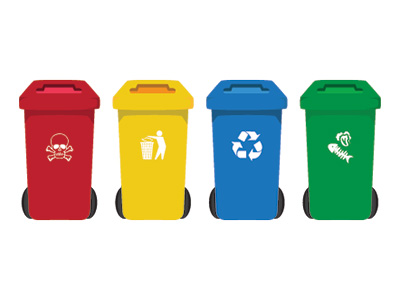Michael Chow, a partner in the Orange County office, is a member of the Intellectual Property Group. His practice focuses on intellectual property litigation, with an emphasis on patent litigation.
Michael has worked on matters for companies including Canon Inc., Ricoh, Panasonic, eBay, eBay Enterprise, Foxconn, Robert Bosch, Realtek, Anker, Fujitsu Limited, and NVIDIA Corporation covering technologies such as eCommerce, Bluetooth, automotive technology, optical networking and telecommunication, graphics processing, and signal equalization.
Prior to law school, Michael was a mechanical engineer with M-E Engineers, Inc., in Culver City, Calif., where he designed the HVAC systems, including sizing equipment and devising airflows, for hospitals, sporting venues, and office buildings. His projects included Presbyterian Intercommunity Hospital in Whittier, Calif., and Citizens Bank Arena in Ontario, Calif.

In a case more notable for the fact that it reached Idaho’s Supreme Court than the final decision, the lower court’s dismissal of the plaintiff waste disposal company’s misappropriation of trade secrets claim was affirmed.
In July of 2012, the defendant County of Idaho (“the County”) solicited proposals for a contract to provide waste disposal services to part of the county that was being served by the plaintiff Walco, Inc. (“Walco”). Both Walco and the other defendant, Simmons Sanitation Service, Inc. (“Simmons”), submitted envelopes containing their respective proposals. READ MORE →



